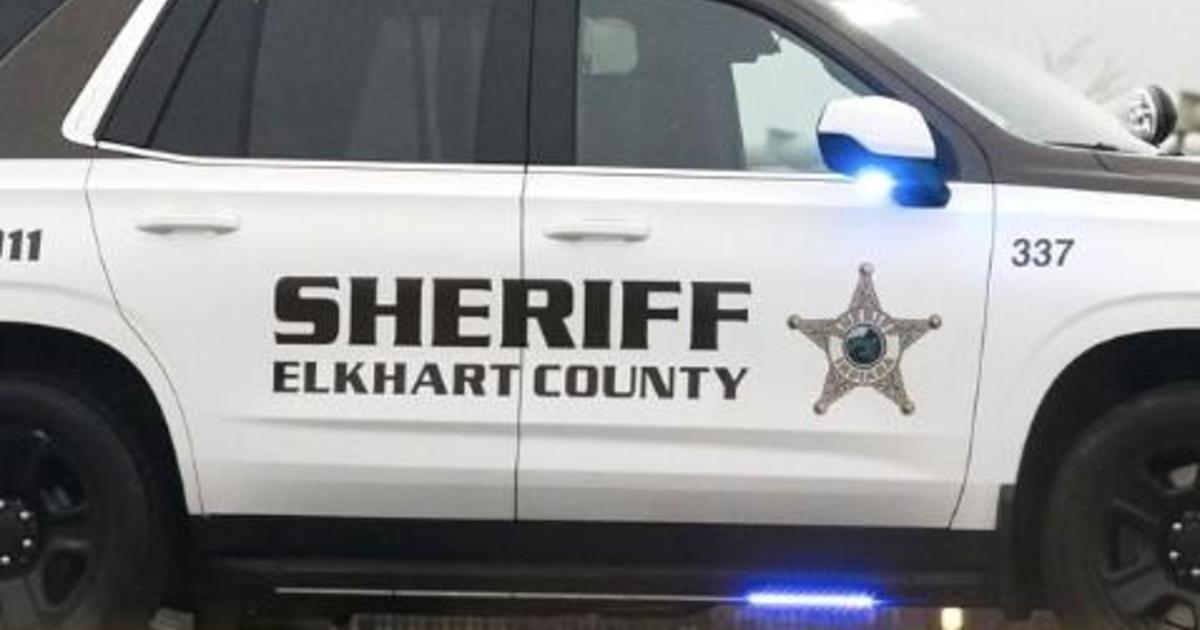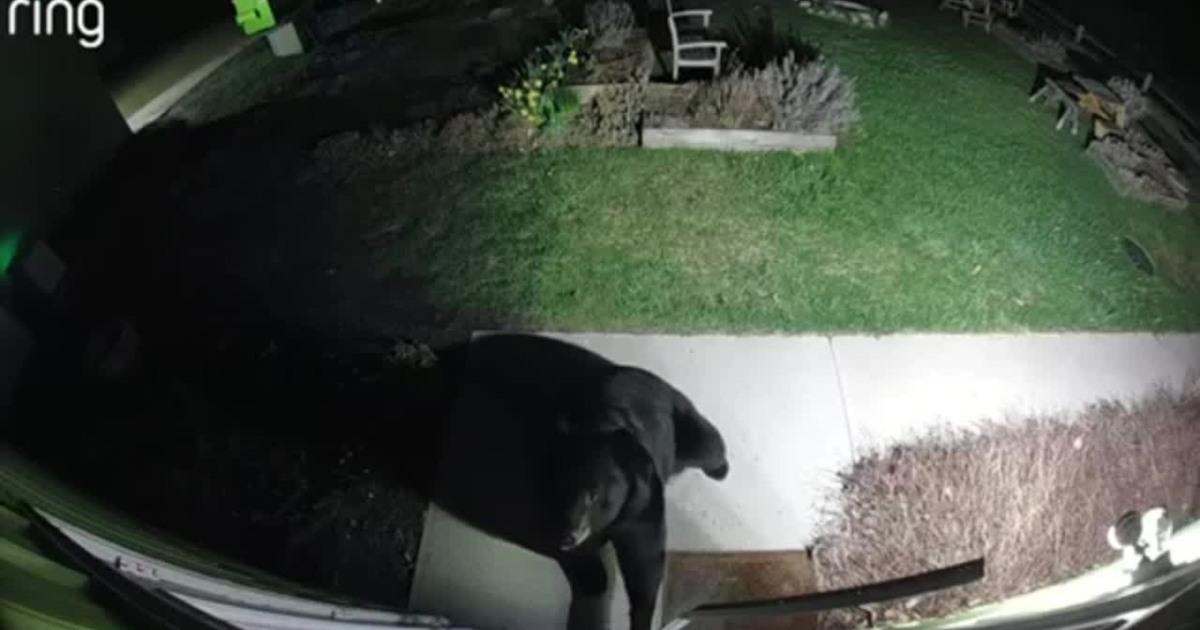U-M Astronomers Find 'Supermassive' Black Hole 50,000 Times The Mass Of The Sun
ANN ARBOR (WWJ) - It sounds enormous, but scientists say it's comparatively slight.
University of Michigan astronomers have found a "teeny supermassive black hole" — the smallest black hole ever observed in the center of a galaxy.
Black holes come in two types: the "stellar mass" that form when the largest stars die and collapse; and the "supermassive," typically 100,000 times the mass of the sun, explained U-M astronomy doctoral student Vivienne Baldassare.
"What we found was the smallest supermassive black hole," Baldassare told WWJ Newsradio 950. "So it sits at the center of a very small galaxy and it weighs about 50,000 times the mass of our sun...and so it sort of bridges this gap between these two categories of black hole."
Every large galaxy, including our own Milky Way, is believed to have a supermassive black hole at its core, the astronomers say. This one is located in a dwarf, disc galaxy 340 million light years away from Earth.
Baldassare says the discovery is significant because this black hole was formed in a small galaxy which had had few mergers or interactions since being formed.
"So the way that black holes are growing in these small galaxies in our present day universe may be similar to how they grew in the early universe, shortly after the Big Bang."
Astronomers don't yet understand how supermassive black holes form. Some hypothesize that giant clouds of gas serve as their seeds. Others believe they descend from gargantuan stars about 100 times the mass of the sun.
Baldassare says the findings will clarify for astronomers the similarities between galaxies of vastly different scales.
Astronomers don't yet understand how supermassive black holes form. Some hypothesize that giant clouds of gas serve as their seeds. Others believe they descend from gargantuan stars about 100 times the mass of the sun.
The study is titled, "A ~50,000 solar mass Black Hole in the Nucleus of RGG 118." It was funded by the National Science Foundation and NASA.



